
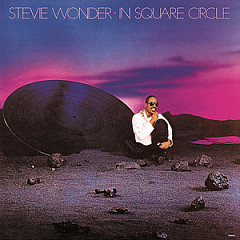
Stevie Wonder was 12 years old when he released his first #1 hit, "Fingertips (Part 2)." He had to wait 22 years for his next one: "Part Time Lover."

Katy Perry says her 2008 song "Ur So Gay" is about "guys who wear the guyliner, steal your jeans, and that whole almost hipster emo scene."
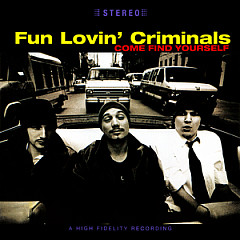
The Scooby Snacks in the Fun Lovin' Criminals song aren't dog treats, they're Valium pills.
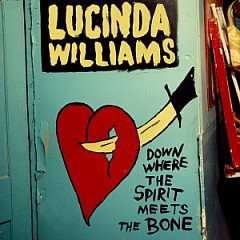
Lucinda Williams' track "Compassion" is based on a poem by her father, lauded Arkansas poet Miller Williams.
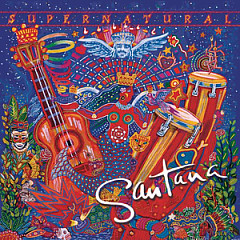
Rob Thomas put some Spanish flavor in his Carlos Santana collaboration "Smooth" with the line "my muñequita," a pet name for his wife Marisol that means "my little doll."
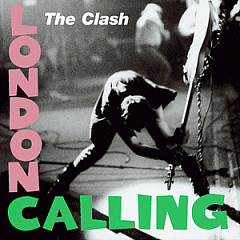
After a devastating car accident, the actor Montgomery Clift had to be filmed from "The Right Profile" to look good - that provided the name of The Clash song.
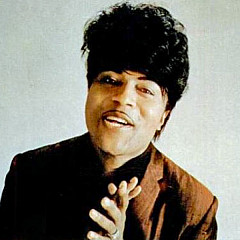
Was Long Tall Sally a cross-dresser? Did he really set his piano on fire? See if you know the real stories about one of rock's greatest innovators.
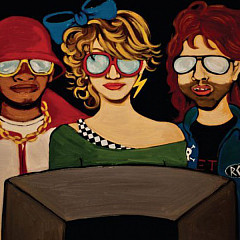
If you can recall the days when MTV played videos, you know that there are lots of stories to tell. See if you can spot the real ones.

An interview with Frankie Valli, who talks about why his songs - both solo and with The Four Seasons - have endured, and reflects on his time as Rusty Millio on The Sopranos.

John tells the "St. Elmo's Fire (Man In Motion)" story and explains why he disappeared for so long.

The longtime BS&T frontman tells the "Spinning Wheel" story, including the line he got from Joni Mitchell.
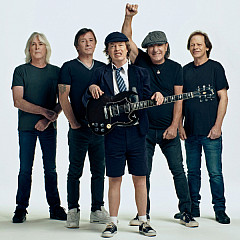
Does Angus really drink himself silly? Did their name come from a sewing machine? See if you can spot the real stories about AC/DC.